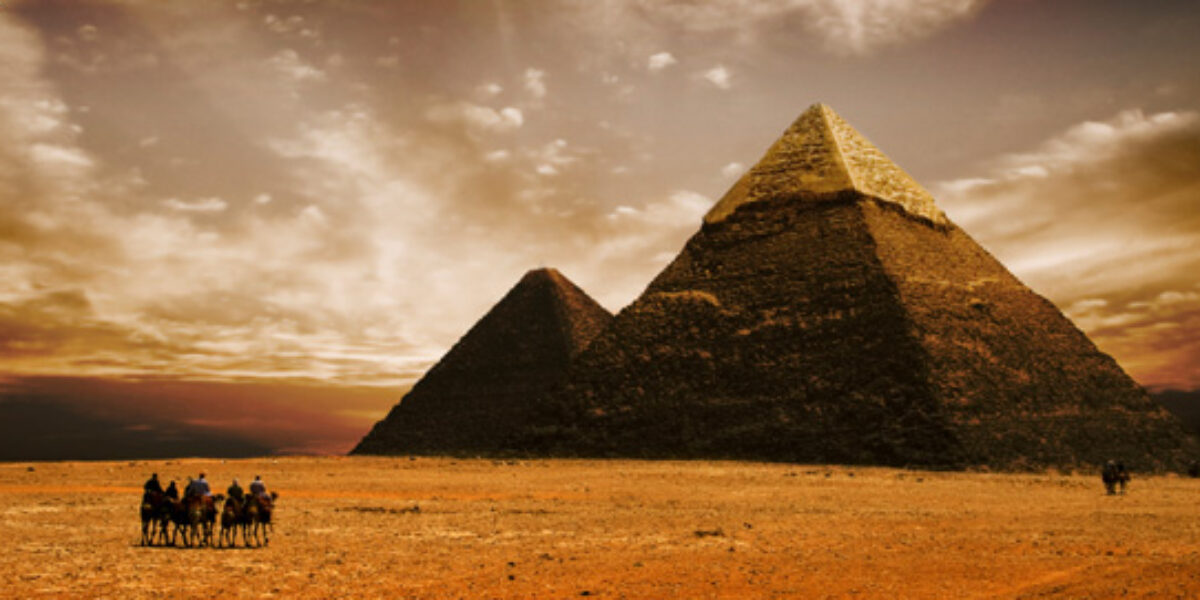The last words are often the most important. Deuteronomy is a collection of Moses’ last words to the Israelites before he died and they entered the Promised Land.
What makes Deuteronomy special?
The name Deuteronomy comes from a Greek word meaning “second law.” Those who prepared the Greek version of the Old Testament (the Septuagint) thought the “copy of God’s law” in Deuteronomy 17:18 was a “second law.” But, Deuteronomy is not to be understood as a “second law.” Rather, it is a retelling or renewal of the collection of laws God gave Moses on Mount Sinai. The Hebrew title of the book, “These are the words (that Moses spoke),” more correctly sums up what Deuteronomy is all about. The “words” are a series of speeches that Moses made to the people of Israel just before his death while overlooking the promised land of Canaan from across the Jordan River.
Deuteronomy is located at an important place in the Old Testament. It is the fifth and concluding book in the section of the Bible known as The Law, or Torah, which means “teaching.” Deuteronomy continues the story of God’s people that began in Exodus, Leviticus, and Numbers. The LORD chose the people of Israel, brought them out of slavery in Egypt, and at Sinai gave to them and their leader Moses the laws and commandments that they were to live by. In this way, Deuteronomy looks backward, emphasizing what the Lord has already done. But the words of Moses also look forward and are meant to be the teaching that will guide his generation of Israelites in their new life in Canaan and future generations as well. God’s agreement with the people of Israel, as presented in Deuteronomy, forms the basis of and provides an introduction to the history of Israel found in the books of Joshua, Judges, 1 and 2 Samuel, and 1 and 2 Kings.
Why was Deuteronomy written?
Deuteronomy is presented as Moses’ last words to the generation of Israelites who are ready to enter the promised land of Canaan. Though Moses has traditionally been seen as the book’s author, the final form of the book also applies the traditions of Moses and the Law to the religious and political situations of a later time. This is done in two ways. First, Israel can use the message of Deuteronomy to judge its national successes and failures: Obeying the terms of God’s agreement with Israel will result in good fortune; disobedience will bring death and destruction. Second, Deuteronomy repeats this key point throughout the book: God has chosen Israel out of love, so Israel should respond to this love by loving God in return and by remaining faithful to the terms of God’s agreement with Israel.
What’s the story behind the scene?
The book of 2 Kings tells the story of a great reform in Israel in 621 B.C. (2 Kings 22,23). While workers were repairing the temple in Jerusalem, they found a book of the Law. When King Josiah of Judah heard what it had to say, he tore his clothes in sorrow and called together the older leaders of the people. Josiah realized that the people had not been following the Law, so he ordered reforms suggested by the law book. These reforms included breaking down and burning all the altars, shrines, and high places honoring gods other than the LORD God of Israel. Most biblical scholars believe that Josiah’s law book was the book we know as Deuteronomy, or at least its middle section (Deuteronomy 12-26).
Where did the law book come from, and how did it end up in storage in the temple? This is not clear. Some scholars think that the ancient writings were brought to Jerusalem by Levite priests who were running away from Assyrian persecution in the north sometime during the reign of King Manasseh (687-642 B.C.). What does this have to say about when Deuteronomy was written? Though much of the material in Deuteronomy may date back to the time of Moses, it was likely put in its present form by scribes and editors who lived centuries later.
How is Deuteronomy constructed?
The following outline divides the book into five major sections, based primarily on the speeches of Moses:
Setting the scene (1:1-5a)
The first speech: Moses reviews the past (1:5b-4:43)
- God’s faithfulness in the wilderness (1:5b-3:29)
- Challenge to hear the word of the LORD (4:1-43)
The second speech: Moses tells what the LORD demands (4:44-29:1)
- Love God and obey God’s laws (4:44-11:31)
- How to live as God’s people (12:1-26:15)
- Renewing the agreement (26:16-29:1)
The third speech: Israel must keep its agreement with the Lord (29:2-30:20)
Final speeches and the death of Moses (31:1-34:12)
- A leader for the people and a place for the Law (31:1-29)
- The song and the blessing of Moses (31:30-33:29)
- Moses dies (34:1-12)




